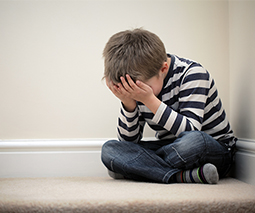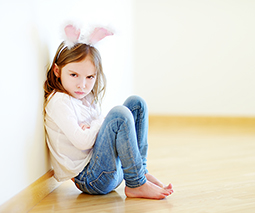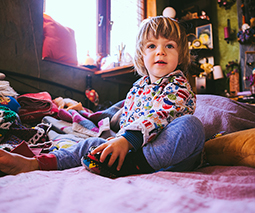Push off: How to teach your toddler not to push or hurt other children
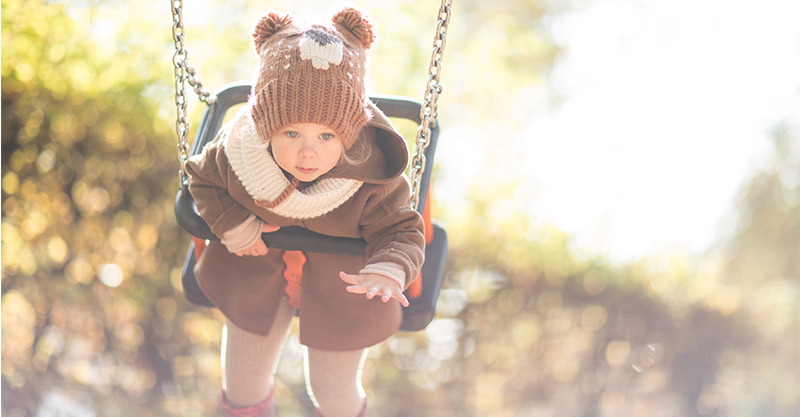
A worried mum contacted Kinderling Helpline for advice on dealing with her child’s pushy tendencies, and resident mothercraft nurse Chris Minogue had some excellent advice.
Pushing other kids
Amber, a mum of a two-year-old toddler, says he’s been “doing a lot of pushing of other children during playtime.” She says she’s tried talking to her son about it as well as removing him from the play situation for a timeout, but nothing seems to be having an impact.
While her little boy used to play without incident, Amber says her childcare centre has just flagged his behaviour as a potential issue.
“This has only really just started to occur. He goes to childcare two days a week and the educators have never mentioned behaviour like that occurring. But this afternoon at my childcare pick-up one of the educators had a word with me about my son’s pushing of other children.”
Read more about kids’ behaviour:
- Why do kids lie, and when should parents be concerned?
- Runaway babe: What to do if your child is a ‘bolter’
- 7 REALLY annoying toddler behaviours that are actually pretty important
Amber wonders if it’s just a phase, or if there are strategies that might help discourage the pushing.
“I totally think it’s an age thing. So most children are hitters, kickers or biters at some stage in that sort of 18 months to two and a half to three years old,” nurse Chris Minogue says.
“It is normal, but it’s how you react as a parent around that behaviour that’s either going to encourage the behaviour OR run interference on the behaviour.”
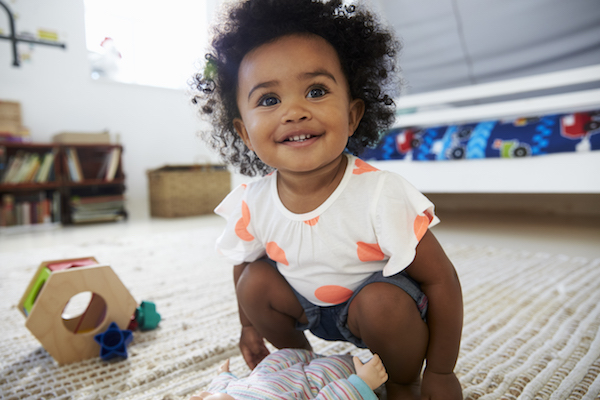
Overwhelmed?
“It sounds like up until recently he hadn’t been doing it at daycare, and that meant he could follow the rules and regulations – and he sort of knows not to do it,” Chris pointed out.
“Maybe he just gets a little bit out of control in a much bigger social setting like the park. The park is a really difficult place because everyone wants their position in the park. So there are the older kids and then there are the younger kids and then there’s those two to two-and-a-half-year-olds in the middle … He sort of knows that he has to wait his turn.”
Chris says that children of this age might have trouble balancing the rules with their own impulses.
“He’s [still] a little bit immature. So he thinks ‘I’ll just push that child out of the way, in order to get what I need’.”
Listen to mothercraft Nurse Chris Minogue:
Switch things up and ‘run interference’
Chris explains that this little boy has now made it clear that he’s going to push when he feels challenged, but that there are ways to avoid and discourage this behaviour.
“When you go to the park, try taking him in the morning rather than in the afternoon,” she suggests “because in the afternoon he’s tired and his tolerance level is a lot less.”
“Hover, so when it seems like he’s not coping and he might push a child, you’re just going to run interference and say ‘how about you come with Mummy over here to the swings and then we’ll come back to the slippery dip’. “

Breaking familiar patterns
While this can cause other conflicts in the short term, it’s also acting as a sort of circuit-breaker for this pushing pattern of behaviour.
“Sometimes that results in a little bit of a tantrum, but what it’s doing is stopping the pushing. So you’ve got to run a little bit of interference.”
“If he [still] manages to push, then he does need a little bit of discipline, as the daycare probably done with some simple time out. If he’s in the park and you’ve done one session of simple timeout and he’s still pushing. Take him home because he’s not coping there in that situation”
Chris also suggests scaling things back a little to help your child feel less out of their depth.
“Play dates one on one [may work better] because then the competition is a lot less. And so he has more positive play behaviour than negative play behaviour and I think you’ll find that give that a month or two and it’ll start to turn his general behaviour around.”

